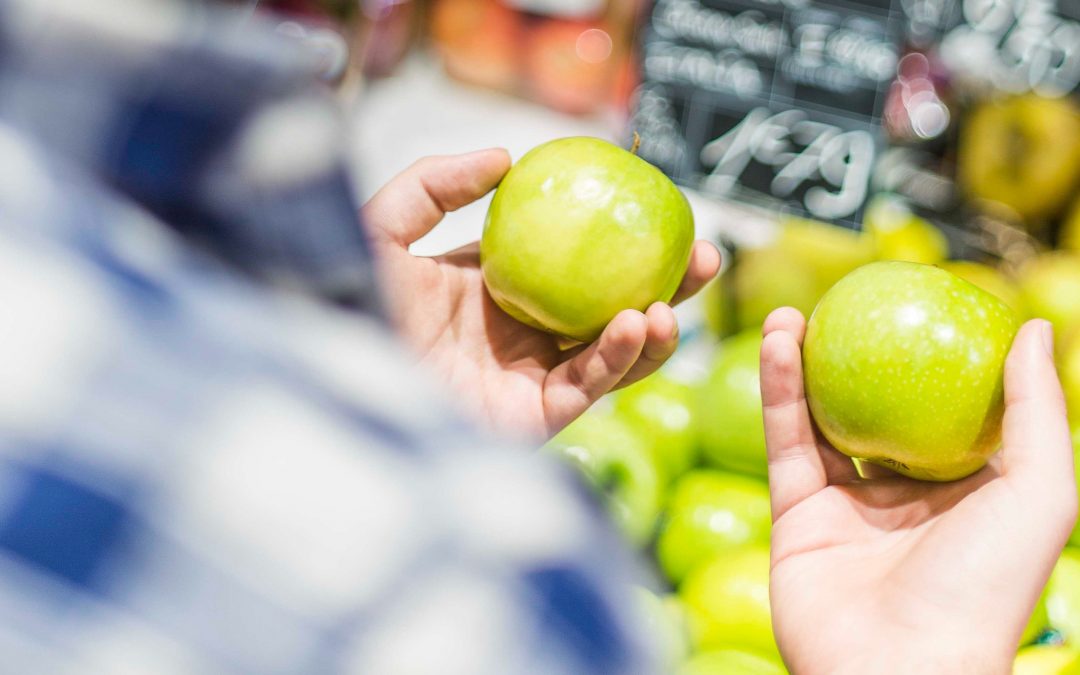
How Decision Fatigue is Damaging Your Diet
It seems a wonderful thing to live in a world where we’re spoilt for choice. And we are, in so many areas of our lives today as consumers. Yet, you’ve probably heard yourself frustratedly say, “No, you choose,” or circled a market’s food stalls and, overwhelmed with options, resorted to picking that croissant you swore you weren’t going to have given your new carb-conscious diet. You’re not alone. As humans, our sophisticated ability to choose is tiring and costly to our sense of control. The very act of choosing consumes mental energy. The more decisions we have to make, the worse our judgement becomes.
This phenomenon is called Decision Fatigue. A New York Times article puts it like this, “The more choices you make throughout the day, the harder each one becomes for your brain, and eventually it looks for shortcuts… One shortcut is to become reckless: to act impulsively instead of expending the energy to first think through the consequences.”
Choices Clouding Our Minds In The Supermarket
We touched on this in our podcast episode with economics expert Rowan Spazzoli. Referencing Freakonomics, he brought up the example of supermarkets laying out produce in an intentional order, knowing very well that shoppers experience decision fatigue.
The fresh fruit and vegetables at the entrance of a store aren’t necessarily there to promote health, as one might optimistically assume. They’re usually followed by all your other essentials. So, by the time you get to the snacks and chocolates aisle you’re drained from decision-making and likely to throw a bag or two of Chuckles into your trolley. Why? Not because they they were on your list, but because, Come on! You deserve them after meticulously analysing and comparing every fruit, vegetable and dairy product; reading the labels on seven sorts of bread and deciding which avocados are most likely to be buttery and ripe.
Decision Fatigue Means You’re Faced With Less Self-Control
One thought-provoking research paper explores how decision fatigue exhausts our ability to self-regulate. It defines self-regulation as “the self exerting control to change its own responses in an attempt to pursue goals and standards.” In a supermarket setting, ‘the self’ is likely exerting a great deal of control at every turn. Responding with restraint again and again depletes one’s resources of willpower and restraint. The consequence? Feeling guilty after succumbing to a lack of self-control and making somewhat of a thoughtless decision.
The same research paper also looks at how choices come with the burden of responsibility. Often we’d rather not have to make our own decisions for fear of making the wrong one and having to deal with its consequences. We’d like to think someone who knows better than us about health is making good decisions on our behalf, and when we’re recommended or urged to buy certain products that it’s in our best interest. We’d like to trust that suppliers and regulators of food products are providing us with safe and straightforward options; that what we see is what we get. But integrity is often clouded by the drive to profit off of susceptible shoppers.
e-Commerce and Controlling Our Choices
Another paper described our world of consumer hyperchoice as comprising “an ever-increasing amount of buying, amidst an ever-increasing amount of purchase options, amidst an ever-increasing amount of stress, amidst an ever-decreasing amount of discretionary time.”
Weary from walking through supermarkets, draining our decision-making ability with the unprecedented array of goods on display, we’re also more strapped for time. This means convenience is key, and a stress-free environment seems essential to succeed.
Grocery e-commerce presents an interesting solution. You may be thinking, surely an online offering only presents more tiring choices? I mean, take UberEATS for example. You open the app with good intentions, planning to order a hearty salad… possibly a smoothie too. Then you begin scrolling through endless menus and every cuisine. You’re confronted with deals on burgers, your favourite Italian restaurant that’s just started delivering… Temptation is rife online. But that’s where digital innovation by consumer-centric companies stands out – platforms that elevate the usual e-commerce experience with the shoppers’ goals in mind. Although online facilitates more offerings, this doesn’t have to mean more noise.
Shopping is exhausting, especially now we’re faced with more decisions than ever before. We don’t have the time or energy to decipher the label of every product and ensure we’re making thoughtful decisions. You can discover products on our Knowit platform according to parameters intentionally set to suit you, which filter out products you don’t want to be confronted with. Thoughtful technology that’s done the deciphering for you shares the responsibility you were once burdened with. Choices are made simpler by only seeing items that fit your dietary desires. This way, you can’t make the wrong decision.

